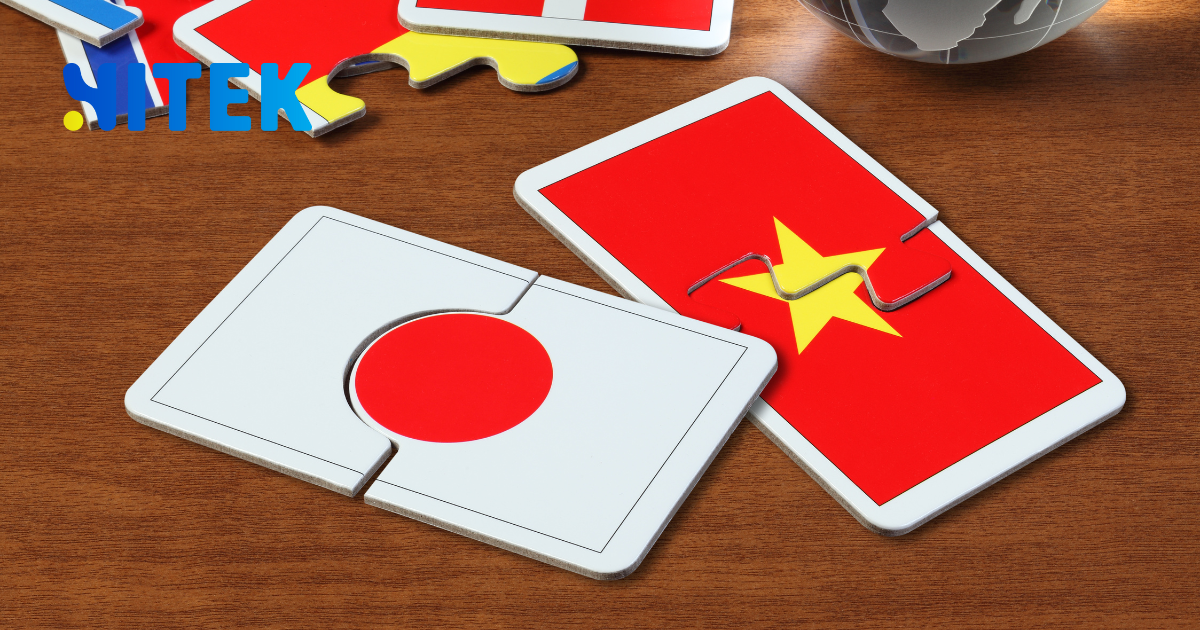Vietnam is positioning itself as a global technology leader. Its robust government support for digital transformation, growing IT services sector, and focus on emerging technologies like AI make it a prominent player in the global tech industry.
Contents
ToggleVietnam’s Digital Transformation: A Nation on the Rise
Vietnam is rapidly emerging as a global tech hub, with ambitious plans to become a digital powerhouse. The country’s National Digital Transformation Program aims to position Vietnam among the top 30 countries for e-government and digital government by 2030.
Key highlights of Vietnam’s digital journey include
- A thriving digital economy expected to reach $43 billion by 2025, accounting for 20% of GDP
- Strong government support through initiatives like the National Innovation Center
- Rising internet penetration, with over 78 million users and 79.1% of the population online
- Rapid 4G coverage reaching 99.8% of the population, with 5G rollout planned for 2024
As Vietnam builds its digital infrastructure and nurtures tech talent, it’s positioning itself as an attractive destination for global tech companies and investors. The country’s young, tech-savvy population and growing startup ecosystem further fuel its digital ambitions.
With continued focus on areas like AI, cloud computing, and semiconductor production, Vietnam is well on its way to becoming a major player in the global digital economy.
The Rise of Vietnam as a Global IT Services Hub

Vietnam is quickly establishing itself as a go-to destination for global IT services. The country’s IT sector has grown remarkably, with revenues reaching $154 billion in 2023. Several factors contribute to Vietnam’s appeal:
Skilled Workforce
- Over 480,000 software engineers, with 57,000 new graduates annually
- Ranked 10th globally for best developers by Skill Value
- Strong STEM education system producing tech-savvy graduates
Geopolitical Stability
- Consistent GDP growth, averaging 6.1% over the last decade
- Ranked 16th in Asia for political stability
- Free trade agreements with 56 economies
Government Support
- Investment incentives for high-tech and IT sectors
- National focus on digital transformation
- Plans for 12-14 specialized IT parks by 2025
Major tech giants like Samsung, Intel, and Lego have invested significantly in Vietnam. As the country develops its IT infrastructure and talent pool, it’s poised to become an even more prominent player in the global IT services market.
Vietnam’s AI Readiness: Preparing for an Intelligent Future

Vietnam is making significant strides in artificial intelligence (AI), positioning itself as a rising star. The country’s commitment to AI development is evident in several key areas:
Government Initiatives
- National Strategy on Research and Application of AI approved in 2021
- Aim to be among the top 50 countries in AI research & development
- Ranked 39th globally in AI readiness for public service delivery
Education and Talent Development
- Establishment of AI Research Labs by universities and private companies
- Focus on AI in STEM education to build a future-ready workforce
- Collaborations with global tech leaders for AI training and development
Industry Applications
- Integration of AI in sectors like healthcare, smart cities, and manufacturing
- Companies like Hitek Software embed AI across their service offerings
- Growing startup ecosystem focused on AI innovations
As Vietnam continues to invest in AI capabilities, it’s creating new opportunities for businesses and positioning itself as a hub for AI development in Southeast Asia. The country’s blend of government support, growing talent pool, and industry adoption make it an exciting player in the global AI landscape.
Case Study Insight: Japan’s Preference for Vietnam

According to recent market surveys, nearly 60% of Japanese companies looking for software outsourcing have chosen Vietnam as their destination. This growing preference highlights the positive experiences of Japanese businesses working with Vietnamese partners. Many Japanese companies have reported successful project deliveries, citing the Vietnamese workforce’s technical proficiency, proactive attitude, and cost advantages as key reasons for their satisfaction.
A notable case is that of a major Japanese e-commerce company that partnered with a Vietnamese IT firm for mobile app development. By outsourcing to Vietnam, the company reduced project costs by nearly 40% compared to domestic development. Moreover, the Vietnamese team provided valuable insights into improving the app’s user interface, enhancing the overall customer experience. The success of this collaboration led to a long-term partnership, with the Vietnamese firm continuing to support the company’s technological growth.
Another example involves a Japanese manufacturing enterprise that sought to develop a custom enterprise resource planning (ERP) system. The Vietnamese outsourcing team worked closely with the Japanese client to understand their requirements and delivered a tailored solution on time and within budget. The project’s success solidified Vietnam’s reputation as a reliable and skilled IT outsourcing partner.









